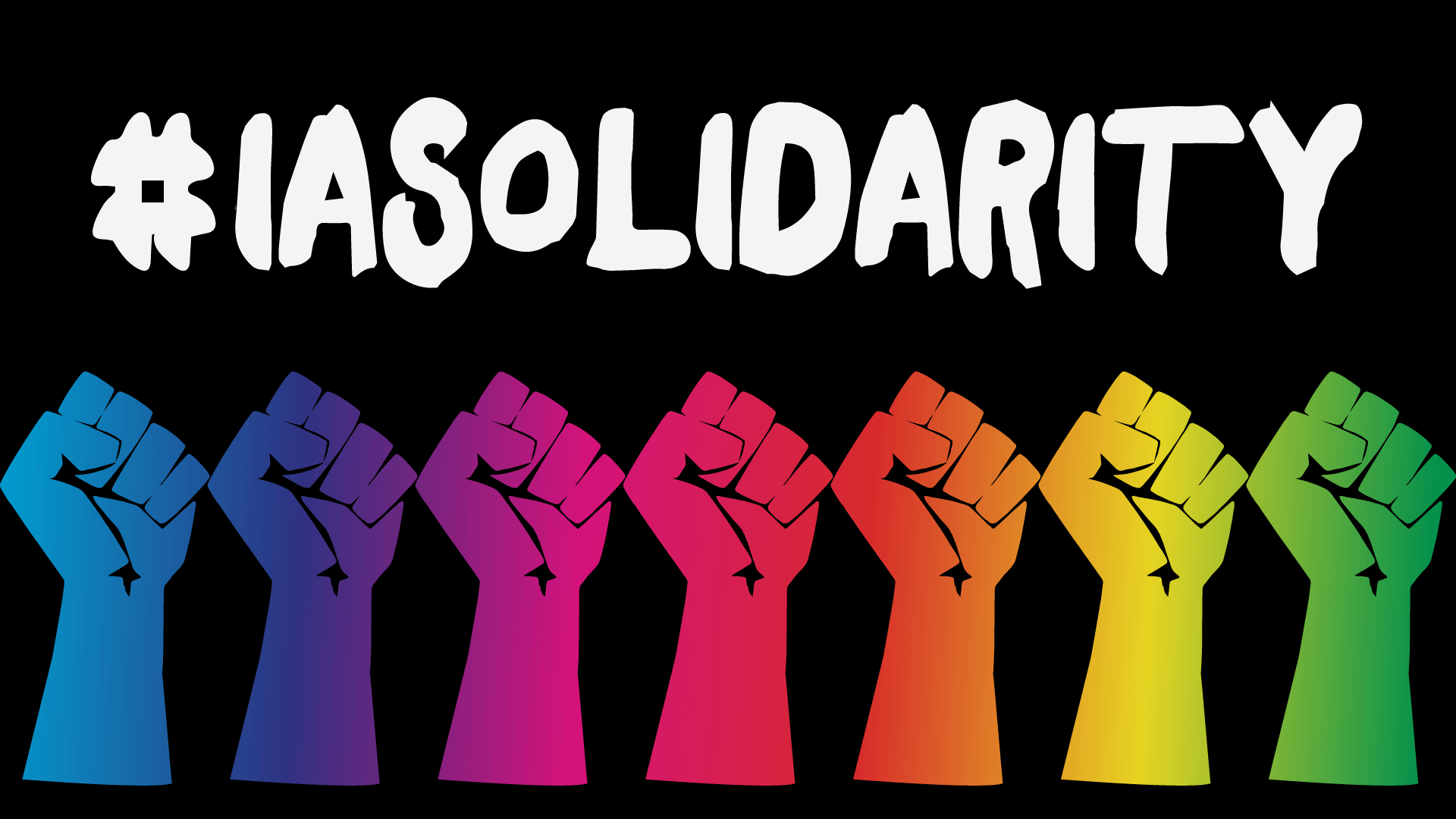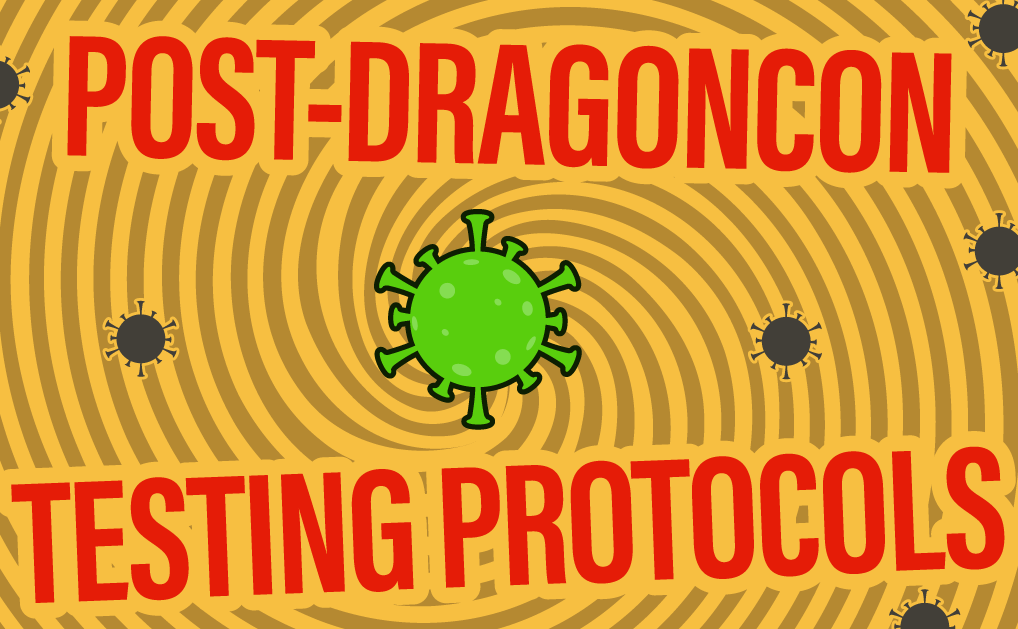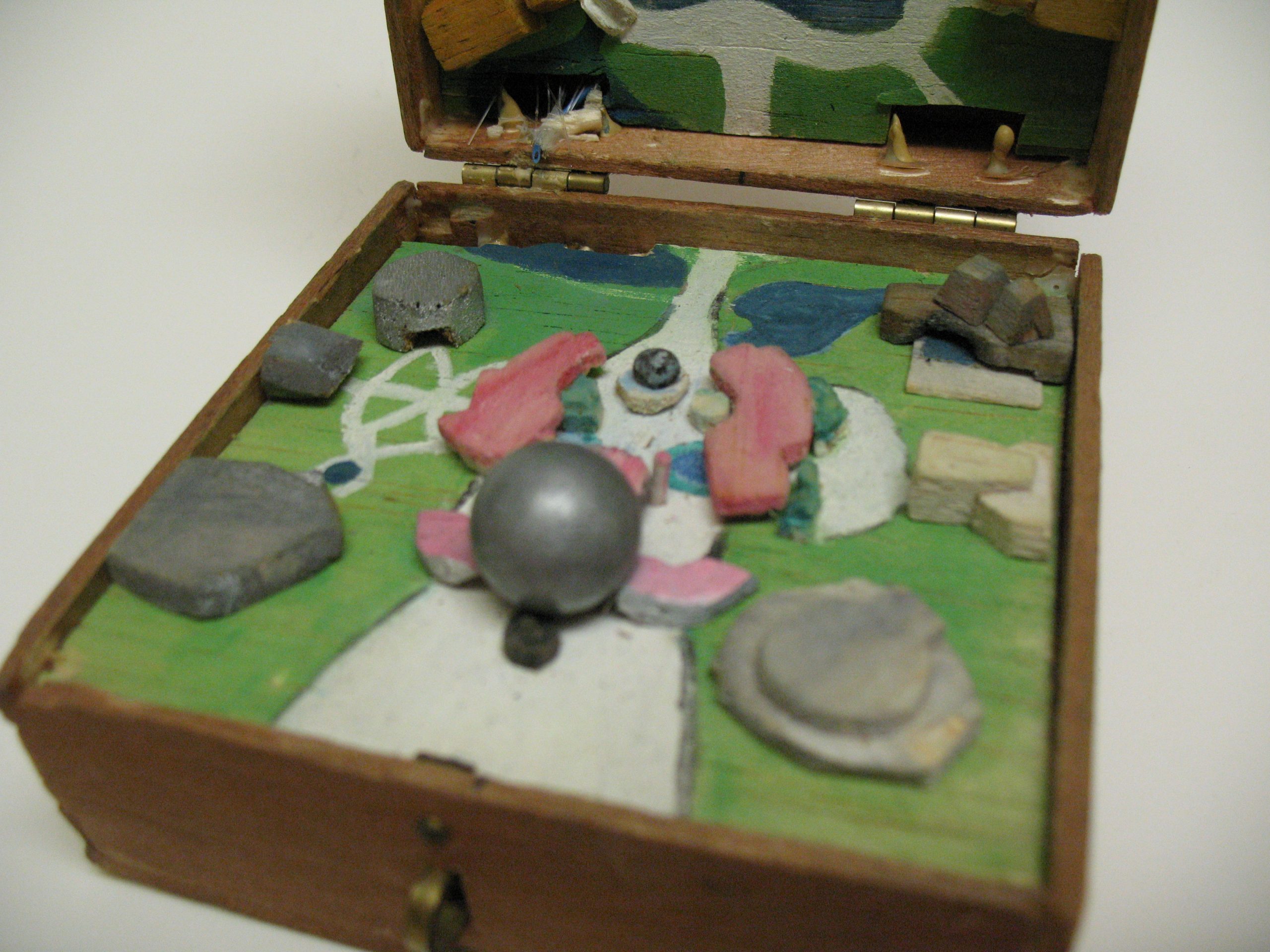For the last five or six years I’ve become fascinated with the common usage of the word “actually”. The American Heritage Dictionary of the English Language defines actually as meaning “in fact” or “in reality” as well as “to convey wonder, surprise or incredulity” which is the way that you almost always see the word used in print. For example…
DREW:
“This certainly is a nice restaurant, do you have any open seats?”
GREETER:
“I think that we’re booked but let me check. Ah! Actually we DO have a table open for you! Follow me…”
In this example the GREETER did not believe that there were any open seats in their nice restaurant, and when she discovered that there was indeed an opening she expressed her wonder, surprise and incredulity with the use of the word “actually”.
—-
Now what I want you to see next is that there is a deeper way of using the word “actually” in modern English.
Example #2:
DREW:
“Isn’t the moon full tonight? And so blue. I love this restaurant, thanks for coming.”
GIRL:
“Actually, that’s a streetlight. The moon is over….
In that example, the GIRL used the word “actually” to gently correct the first person’s error without a direct negation of the first person’s statement, which might have otherwise been perceived as rude and snobby. Somehow the word “actually” has magically mitigated the egregiousness of the first person’s error whilst keeping the second person in a non-aggressive stance. Except for the subsequent (and non-verbal) kick to the metaphysical shin.
————
Note also that the word “actually”, in its modified, modern usage is almost always used at the beginning of a sentence. This fascinating social phenomenon occurs right under your nose every day and yet up until now you’ve probably never even noticed. Even after you get kicked out of that first restaurant and find yourself at a run-down greasy spoon the phenomenon is just as easily in-play.
Example #3:
Drew:
“Is it possible for you to split our bill? I really don’t know this wino and don’t want to pay for his pork chop platter.”
Waitress:
“Actually, I can’t split your bill.”
In this instance, the speaker uses the word “actually” to soften the fact that she is too lazy to split your late-night dinner bill even though we are the only two people in her dive (and have been for the past hour). The second speaker’s unwillingness to extend this courtesy is completely mitigated by the usage of one word, which means “In reality”; a statement that would have been just as valid had she simply said “piss off” because “piss off” is a very accepted part of reality. Yet we leave the restaurant smiling and in good spirits because the waitress has been so friendly and polite.
————–
So there you have it.
“Actually” is an often-used but rarely perceived tool of social navigation and YOU will be a better, smarter person for being prepared to use and to respond to this word in all sorts of social circumstances, from meeting girls at restaurants to splitting bills with winos at the Waffle House.
The English language! Use it, love it, embrace it!
Excelsior, and Good Night!!


